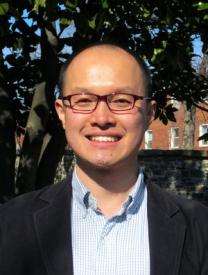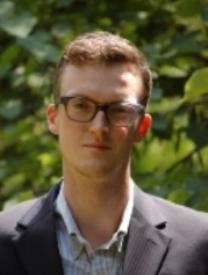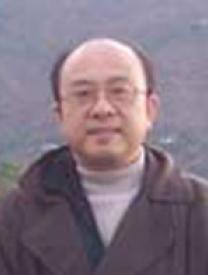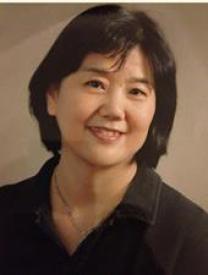Each year, the CSCC invites leading experts to Penn to present their research and share their knowledge about contemporary China. Typically scheduled for Wednesday afternoons 4:30-6 pm, speakers will deliver their remarks and then entertain questions from the audience. Attendance is open to the entire Penn community. Announcements about upcoming talks will be posted on the CSCC website and disseminated via the Center’s listserv. To be added to the listserv, please visit our signup page https://groups.sas.upenn.edu/mailman/listinfo/cscc-announce.
Past Speaker Series
Gender and Professional Career: The Feminization of Judges in China
Sida Liu, Assistant Professor of Sociology and Law, University of Wisconsin-Madison
Since the 1990s, the number of women in Chinese courts has been increasing steadily. More importantly, many female judges have risen to mid-level leadership positions, such as division chiefs, in the judicial…
I Am From Xinjiang
Kurbanjan Samat, Photographer, Central China TV
Kurbanjan Samat is of Uyghur nationality, born in Hotan, Xinjiang. He is a member of China Photographers Association, China Folklore Photographic Association(CFPA), member of China Uyghur History and Culture…
Internationalization of the Renminbi? -- Prospects and Challenges
Shen Wei, Professor of Law, Shanghai Jiaotong University Law School
"Internationalization" of the Renminbi has been an important economic and foreign policy goal for China. And it is a precondition to China's currency becoming a…
China’s Economic Statecraft in North Korea
Dr. James Reilly, Senior Lecturer, Department of Government and International Relations, University of Sydney
Since 2005, Chinese officials have successfully encouraged Chinese companies to expand trade and investment in North Korea through diplomatic support, infrastructure projects, foreign aid, and investment…
East Asian Regionalism, China, and US: is the Pacific wide enough for US and China?
Shiping Tang, Professor at the School of International Relations and Public Affairs, Fudan Univeristy, Shanghai, China
Terrorism Challenges in China
Phil Potter, Assistant Professor, Department of Politics, University of Virginia
The Chinese government is increasingly challenged by mounting problems with militancy and terrorism emanating from the Xinjiang Uyghur Autonomous Region. China’s economic and political emergence has…
Understanding the Event-Transformed Social Structure of Sino-Japanese Relations
Ming Wan, Professor of Government and Politics, George Mason University
The contemporary Sino-Japanese relationship can best be understood as being shaped by the social structures the two nations have constructed, which continue to be challenged by material and ideational forces. The…
(CANCELLED) Coercive Institutions and State Violence Under Authoritarianism
Sheena Chestnut Greitens, Assistant Professor, Department of Political Science, University of Missouri; Non-Resident Senior Fellow, Brookings Institution
Why do we observe widely differing patterns of repression and state violence under authoritarian rule? Drawing on evidence from East Asia, I argue that the design of authoritarian coercive…
Cybersecurity and US-China Relations
James Mulvenon, Vice President, Intelligence Division, Defense Group Inc.
Cyber issues, including industrial espionage, Internet censorship, technology protectionism, and network warfare, are now at the top of the US-China strategic agenda. Dr. James Mulvenon, author of …
Promoting Social Progress in China Through NGOs
Song Qinghua, President of Shining Stone Community Action (SSCA)
Song Qinghua is a renowned NGO leader and president of Shining Stone Community Action, the NGO she founded in 2002. Song Qinghua has been focusing on social innovation and participatory governance since 2002…








